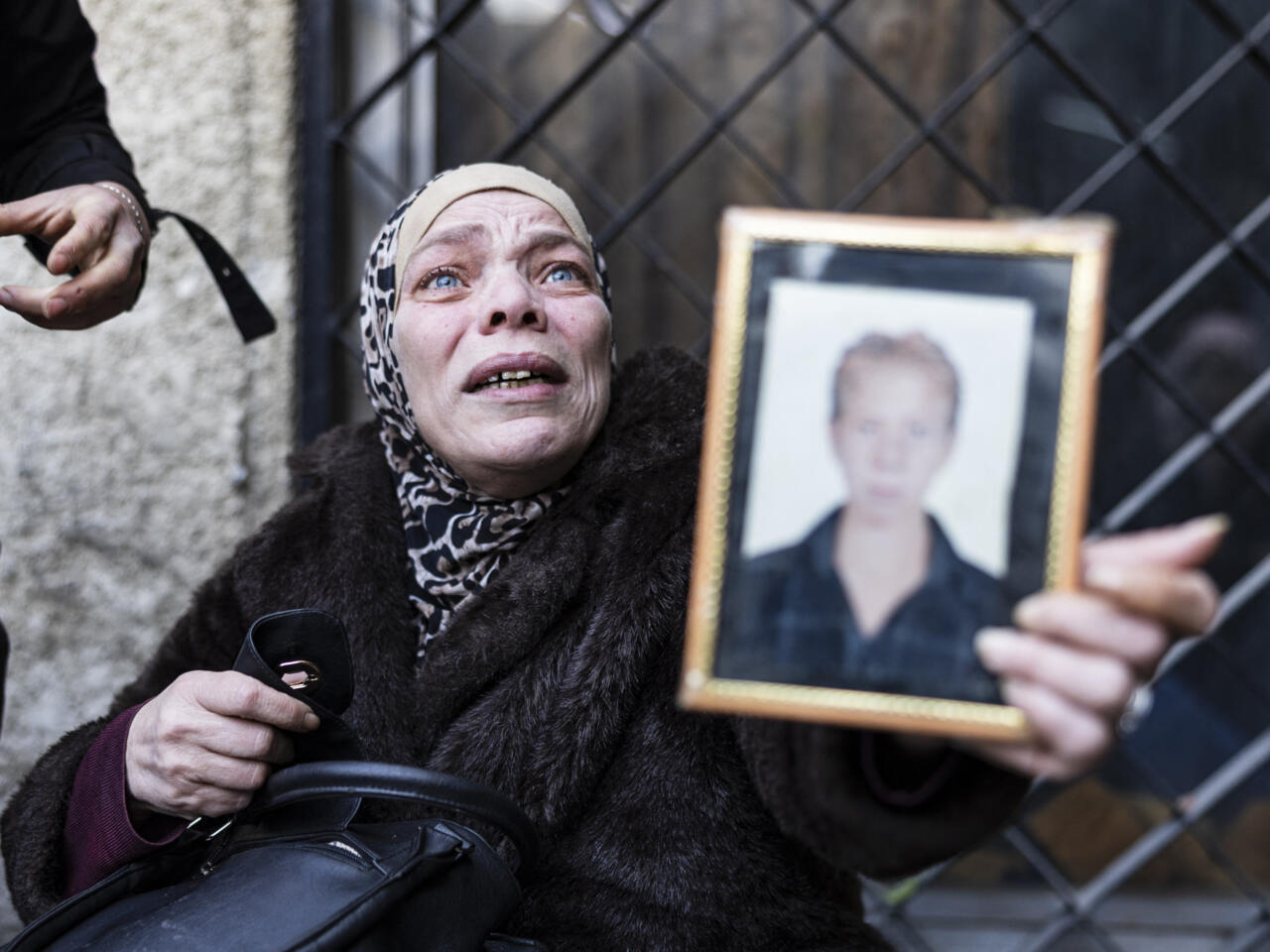
The new Syrian administration has ramped up efforts to bring members of the former Assad regime to justice, arresting high-profile military figures and investigating judges who were instrumental in issuing politically motivated sentences during the past decade.
The General Security Administration announced Tuesday the arrest of Tamam Ali al-Sheikh, the commander of the Tarameeh Regiment, in Maardis, north of Hama. Al-Sheikh, who was part of the 25th Division’s “Tiger Forces,” is accused of committing crimes against Syrians over the past 13 years. His capture comes amid a broader security operation targeting remnants of the ousted regime across multiple provinces.
According to the Syrian Ministry of Interior, the latest security campaign included raids in Suran, Taybat al-Imam, Maardis, and Morek, resulting in multiple arrests and the seizure of weapons. The Tarameeh Regiment, known for its involvement in key military operations in Idlib, Hama, Aleppo, and Deir Ezzor, was a critical force in defending the Assad regime before its downfall.
Crackdown on Regime Figures & Criminal Networks
In a separate operation on Wednesday, security forces in Albukamal, Deir Ezzor, detained more than 15 individuals from the former regime accused of drug trafficking. These arrests are part of a nationwide effort to dismantle criminal networks that have thrived under the Assad regime’s rule.
Since the fall of the regime on Dec. 8, Syrian authorities have conducted extensive combing operations, leading to the arrests of militia leaders and officials responsible for crimes against civilians. In addition to military figures, security teams have seized weapons, military equipment, and documents detailing illicit activities, including drug and arms smuggling.
The crackdown has also extended to the Syrian-Lebanese border, where authorities, in coordination with the army, have reclaimed sites previously controlled by Hezbollah and remnants of the former regime. These locations were reportedly used for smuggling operations and clandestine activities.
Investigation of Judges from the Assad-Era “Terrorism Court”
As part of Syria’s transitional justice efforts, the Ministry of Justice announced Wednesday the referral of 87 judges from the former regime’s “Terrorism Court” for investigation. The judges, who served between 2012 and the fall of the Assad regime, are being scrutinized for their involvement in issuing arbitrary death sentences, wrongful imprisonments, and asset seizures against political opponents and activists.
The investigation targets former and current judges, including Abdel Nasser al-Dhali, head of the State Council; Abed Hassan, president of the First Criminal Court in Damascus; and Nizar Ismail, president of the Financial and Economic Criminal Court. The probe also extends to retired judges such as Kamel Awis and Mohieddine Hallaq, who were involved in high-profile rulings against opposition members.
The Assad regime established the Terrorism Court in 2012 under Law No. 22, replacing the Supreme State Security Court, which had been abolished in 2011. Rights organizations, including Human Rights Watch, described the court as a tool of repression, where confessions extracted under torture were commonly used as evidence, and legal proceedings lacked fairness and transparency.
A report by the Syrian Network for Human Rights (SNHR) characterized the Terrorism Court as functioning more like a “security branch” than a judicial body, stating that its primary function was to provide legal cover for the regime’s efforts to silence dissent.
Syria’s Pursuit of International Justice
Justice Minister Shadi al-Waisi confirmed that the Syrian government is coordinating with international bodies, including the International Criminal Court (ICC) and Interpol, to pursue individuals responsible for crimes against humanity. The administration has also initiated efforts to create a database documenting the estimated 250,000 people who forcibly disappeared during the Assad regime’s rule.
In a statement, al-Waisi noted that special courts dedicated to prosecuting members of the former regime and its associates will begin operations in March. These courts will focus on crimes such as mass executions, enforced disappearances, and the use of chemical weapons.
The Syrian administration’s push for accountability marks a significant step in addressing the legacy of human rights violations committed under the Assad regime. As the country moves through its transitional phase, efforts to dismantle former regime networks and establish legal frameworks for justice remain central to the government’s strategy.








